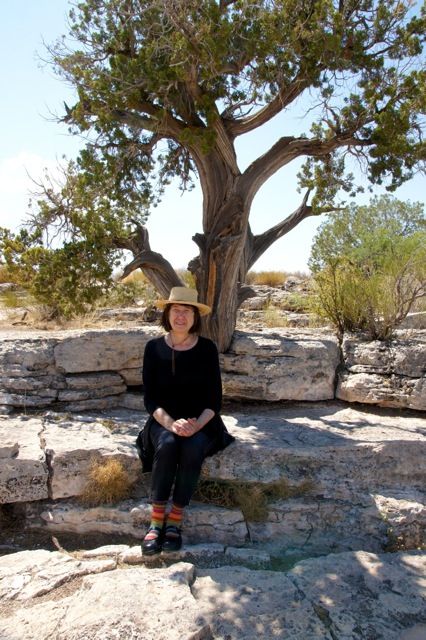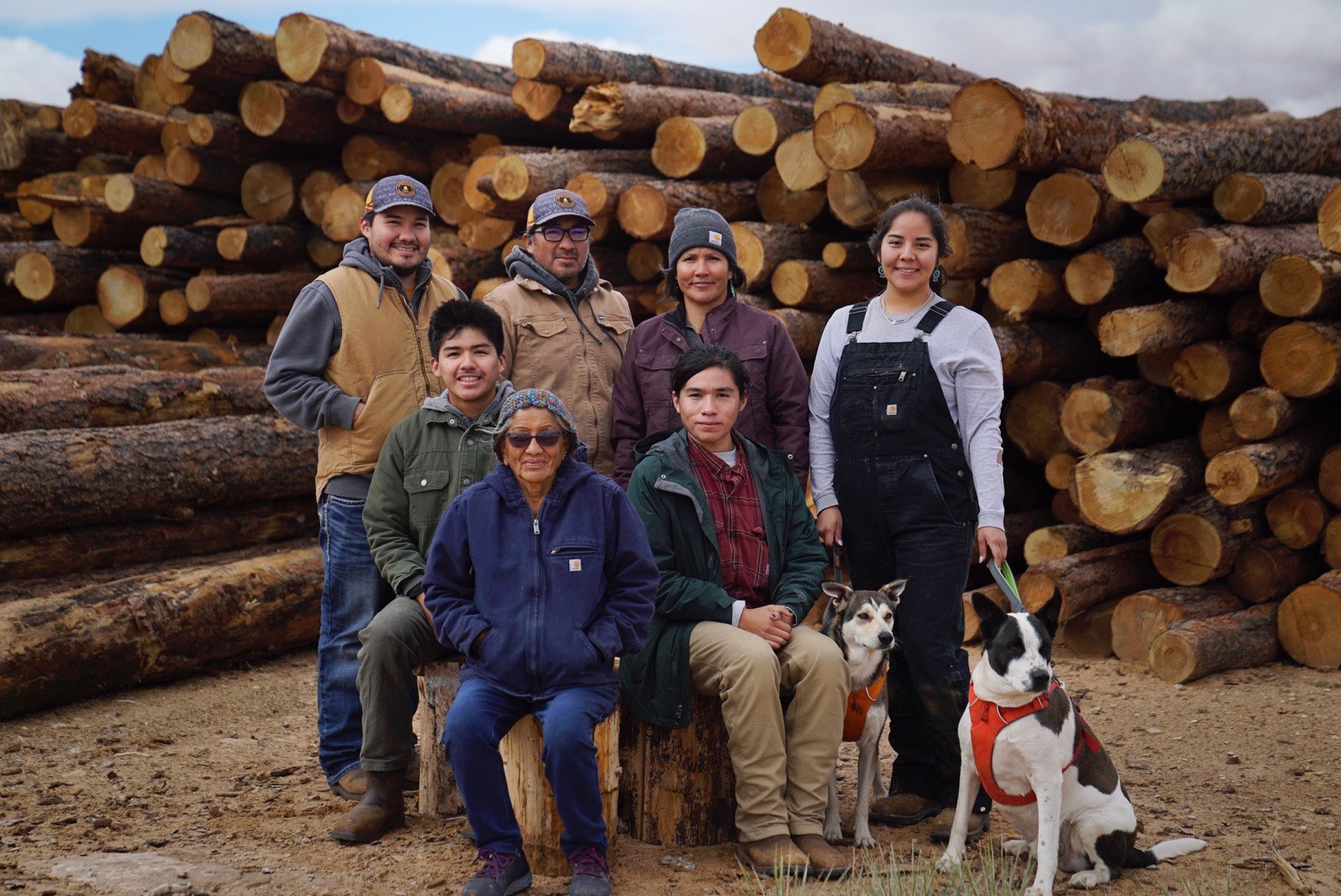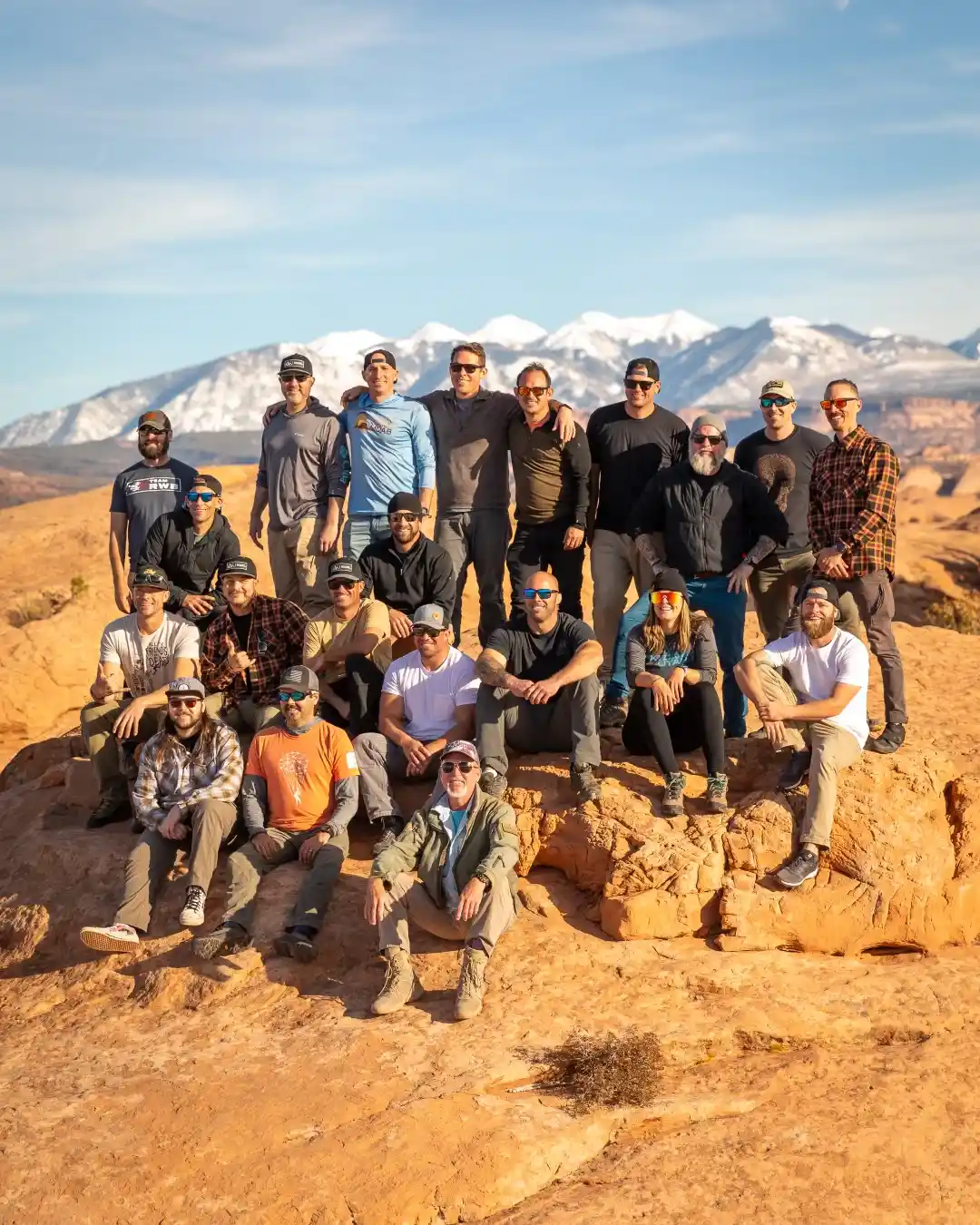Award-winning author and oral historian Eileen Hallet Stone said she always wanted to be a detective; to understand why people do what they do. And so she asks.
“Everybody has a story,” Stone said. “Sometimes it can be hard to flush out those stories, yet they add to the environment, they’re the substance of our community, and family life. Some are simple and ordinary; others are vibrant and extraordinary.”
There’s a knack for flushing out these family and community stories, and on Saturday, Nov. 22, Stone will share those techniques in a workshop, held at the Grand County Library, 257 E. Center St. The three-hour interactive presentation is sponsored by the Utah Humanities Council, the Museum of Moab and Grand County Library.
“Oral histories take you, and everybody who reads it, on journeys,” Stone said. “Maybe you can’t walk in another’s shoes, but you can see the trail.”
To uncover true stories, it’s important to listen carefully without being judgmental – otherwise your interpretations, influenced by your own personal experiences, may alter what is actually being said. Differences in knowledge, gender, race, age, status, ethnicity and social/ political experiences affect people’s responses and interpretations, Stone said.
“You’re there not to judge, but to learn,” Stone said. “You learn how to create trust. You learn how to guide, but not manipulate the conversation.”
Participants will discover how to ask questions, and not be “blindsided” by the responses. They will learn how to remain focused, and objective, Stone said.
Saturday’s workshop is free, although pre-registration is requested by calling the museum. Stone prepares information packets for people to take home afterward.
“I want people to remember,” what they learned in the workshop, Stone said, and “I want people to come away with something they can use.”
Participants are asked to bring favorite photographs, a handy tool for some interviews. Stone will show how to use those photographs when capturing life stories.
It’s important to do some research before interviewing your subject, said Stone – she’ll teach what you need to know beforehand.
“Identify milestones,” she said. “You don’t have to know everything,” but you should know something about the person so you can be aware of effects your questions may have on the interviewee.
Researching your subject may make it easier to find that important “connection” between interviewer and interviewee so that you can meet on “slightly familiar ground,” Stone said.
Stone said she’ll also cover the technical aspects of recording interviews, signing release forms, how to use and interpret body language, and how to ask open-ended questions that get to the heart of a story – not a “rehearsed” version.
A native of New England, and an award-winning author, Stone lives in Salt Lake City, where she writes a bi-weekly “Living History” column for the Salt Lake Tribune. Her most recent book, “The Hidden History of Utah,” is a compilation of Living History columns. Copies of the book will be for sale at the workshop. The stories “explore another side of Utah; a wonderful side of Utah,” she said.
“There are so many untold stories – I wanted to tell lesser-known stories of the many who contributed to the history of Utah,” Stone said.
Charlotte Hurley, head of children and teen services at the library, said many people have great stories from their grandparents they’d like to preserve.
“Eileen is very good at what she does and teaching how to record family stories and make them accessible for future generations,” Hurley said.
“I don’t want to gloss over people’s lives,” Stone said. “It’s really an adventure; hang on and you’ll learn.”
Noted historian to teach workshop on recording oral family, community stories
What: Oral history workshop – “Preserving Family and Community History – A Three-hour Adventure with Eileen Hallet Stone”
When: Saturday, Nov. 22, 1-4 p.m.
Where: Grand County Library, 257 E. Center St.
Information: Free, but pre-registration requested by calling the Museum of Moab, 435-259-7985





![Santa at City Market [2024]](https://moabsunnews.com/wp-content/uploads/2024/12/IMG_0052.jpeg)